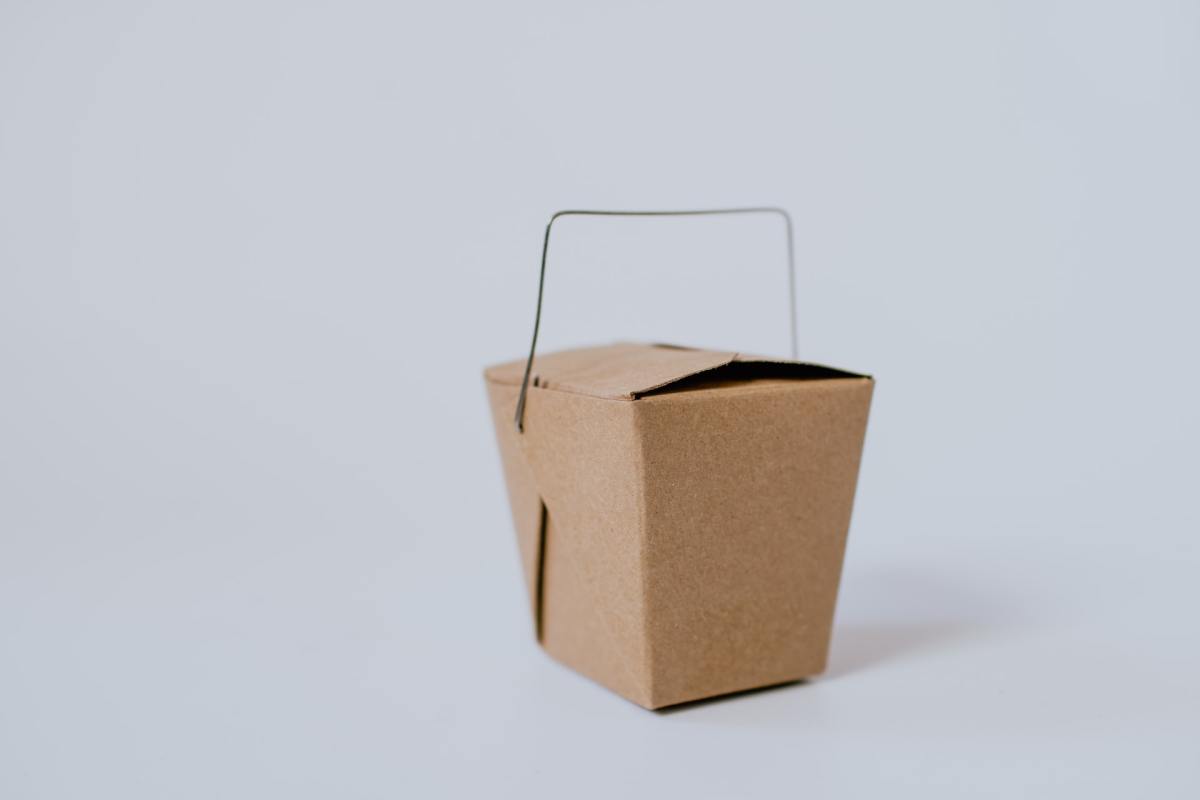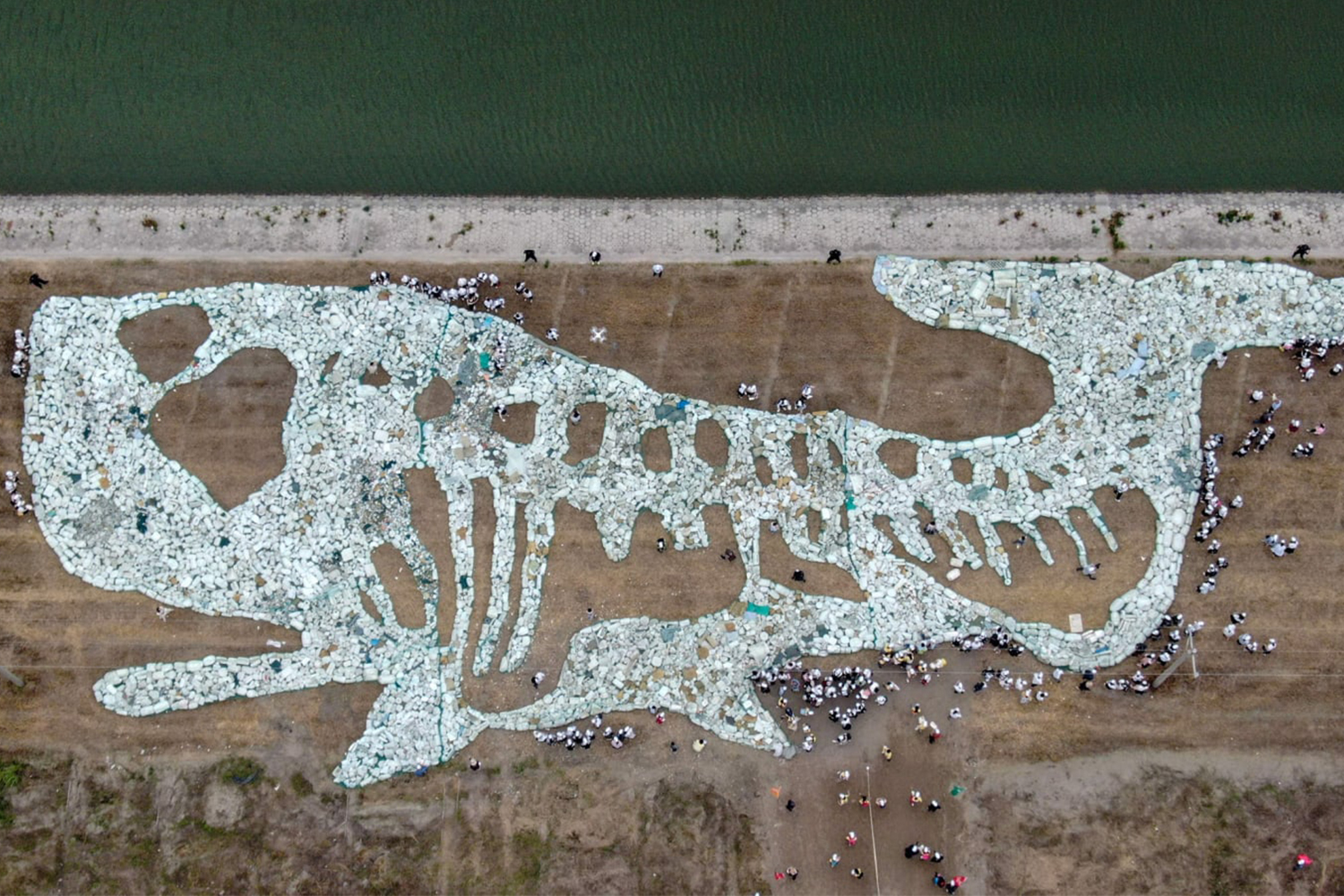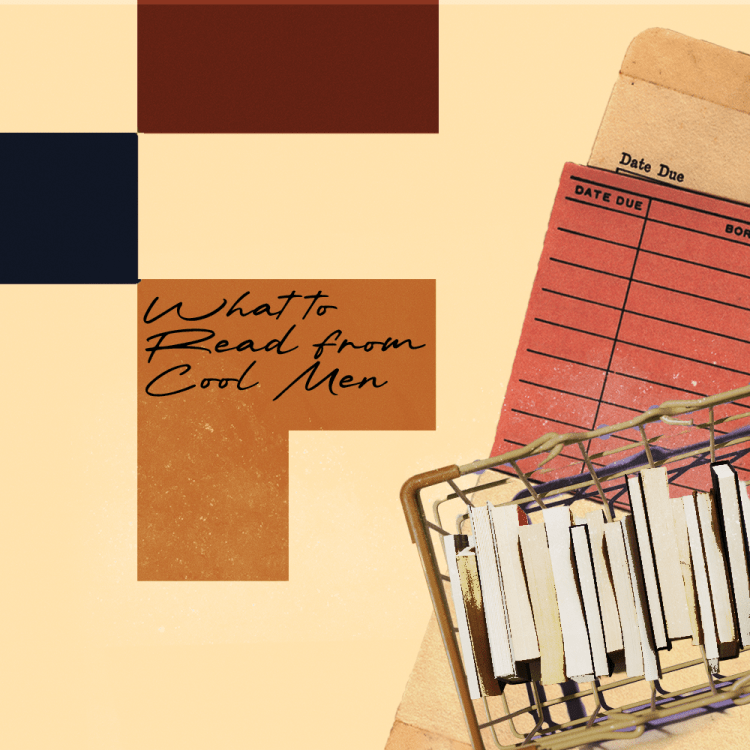For a lot of people, the pandemic has seen an uptick in the amount of take-out or delivery food in their lives. With many restaurants closed or running at a reduced capacity, this is pretty understandable. But this can also lead to an ethical dilemma for anyone concerned about increasing the amount of waste in the world. Given that plastic waste has shown up in some unexpected places as of late, this is no small concern.
A new article by food critic Tom Sietsema at The Washington Post delves into this ethical conundrum. Sietsema measured the takeout containers he amassed over a three-week period, and found the results unsettling.
“The stream of paper, plastic, aluminum and glass that came through my door from roughly 30 orders shocked and depressed me,” he writes. “I accumulated enough waste to fill two recycling containers — nearly 100 gallons of space — not to mention a torrent of guilt.” And he’s not alone in his concerns, citing one study in which 75% of Americans expressed concern over the environmental impact of food packaging.
What are some of the steps one can take to reduce the amount of waste from takeout and delivery orders? Avoiding plastic utensils is one significant step Sietsema cites. Reusing packaging is another. The article also notes several restaurant owners who have pondered the logistics of making takeout containers returnable.
Some of the concerns raised in the article are specific to this moment in time: increased packaging can give diners a sense that they’re being safer than they might otherwise be. But the pandemic itself won’t always be a concern in our lives — the aftereffects of a growing amount of plastic waste will be.
Subscribe here for our free daily newsletter
Thanks for reading InsideHook. Sign up for our daily newsletter and be in the know.

















